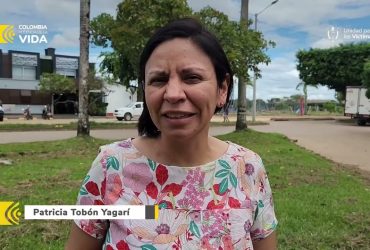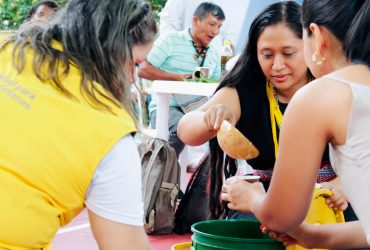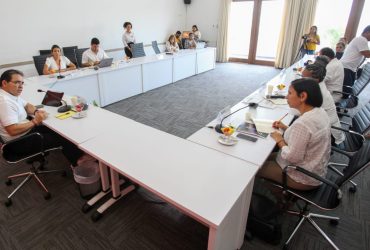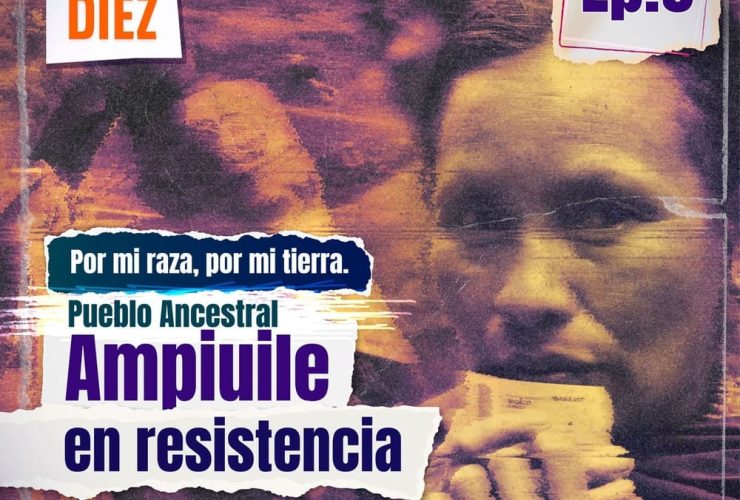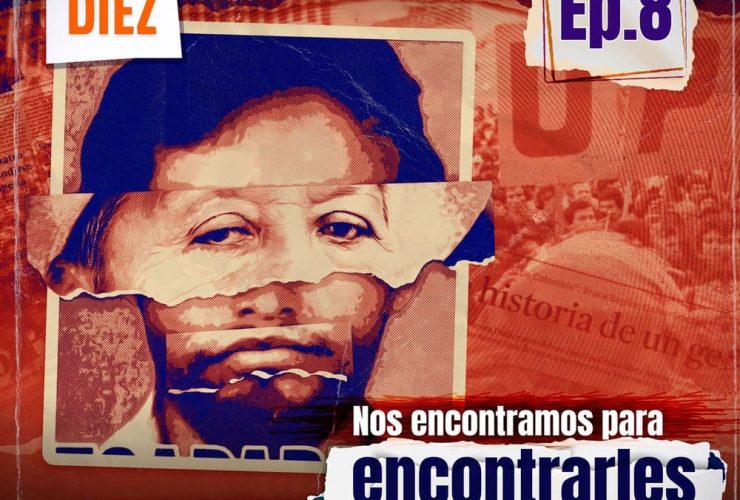By: Nataly Bastidas y César A. Marín.
There are 51 families of Tangua, 20 of Yacuanquer, 51 of La Florida and 68 of Funes with which productive units of peas are implemented, to which technical assistance and training are provided under systems and practices of concept of production of clean agriculture. which is based on habits and customs that take care of environment.
The project, which has an investment of nearly $ 1,285 million, of which the Victims Unit invested around $ 1,067 million and the rest are resources from the four municipal mayors, derived from the need to assist, attend, and fully reparation the victims of armed conflict in the department of Nariño.
For William Pinzón Fernández, Nariño territorial director of Victims Unit, this project has two important aspects for the victims: “the technician, who allowed the families to implement the pea production units in an area of half a hectare, receive one training in different practices, much more technical, that are done with the professionals who supported this agreement”.
The second component is the psychosocial care with which integral reparation was accompanied, a situation that helped them overcome their pain and create, together with the productive project, family ties in its different phases.
One of beneficiaries is Olivia Gordillo Ledezma, a victim of forced displacement who had to leave the city of Cali and move to this region of Nariño. She, who has a small parcel for rent in the village of La Guaca in the municipality of Yacuanquer, assures that “we are a group of victims that at the moment of starting the initiative we needed a productive project, and thanks God has given us benefit to almost all families”.
For these cases the most vulnerable victims of municipality were selected in order to fill their pockets, but perhaps the most outstanding was the abundance of solidarity in the community. “The time of planting pea was very cool because we shared and employment was given to other victims to help us harvest. In the first harvest we did it was good because we managed to sell and liked it a lot, because San Isidro is a large pea that catches people’s attention”, says Olivia.
That preference had to be taken advantage of, so the first harvest was marketed in Potrerillo, the largest market square in Pasto. “Initially we took the show and people liked it a lot, the only bad thing is that at that moment it was at a low cost, but we hope that by the second harvest it will go up a bit”, she says.
And although having started to grow, to be able to redeem the past involves a gratitude with a different, special tinge: “I managed to get all that feeling of helplessness and hatred from my interior and get to the point of feeling a very cool peace and tranquility, that allowed me to get ahead because life goes on”, says Olivia.
For all this, the project sought to strengthen the agricultural production system of the beneficiary population of the four priority municipalities, taking into account their culture, tradition and productive experience.
“Thanks to the Unit for Victims and the Mayor of Tangua for having us in mind for the peas project. We are no longer victims but survivors, that became clear to us after the psychosocial strategy, “says José María Ricaurte, victim of forced displacement due to fighting that took place in April 2002 in the village of La Cocha, in the municipality of Tangua. place to which he returned and in which he currently lives.
For the same acts of violence that year, Ólber Fernando Rivera is a victim of forced displacement, and for the same project he says he is “very grateful for having the opportunity to grow pea and for the technical support and advice to take the crop forward that will result in the welfare of myself and my family”.
The impact of project has not gone unnoticed by the authorities of the region. Libya Yaqueline Castillo, mayor of Yacuanquer, points out that “it has allowed the beneficiaries to work with their family group, having income and thus improve their quality of life. It has also allowed them to demonstrate that they can be productive families and that with this opportunity they can gain experience to continue with their productive project “.
But the benefit of the implementation of productive units has surpassed the expectations and the land of economy. “For my municipality, the contribution is at a social level, because it has helped them to relate more with the community, since they are generating employment with their acquaintances and at the same time they improve their interpersonal and coexistence relationships. This project also strengthens trust and social inclusion”, concludes Castillo.
Thus, with the economy on the rise, in Tangua, Yacuanquer, La Florida and Funes, municipalities surrounded by volcanoes, among them the Galeras, only hope that the only eruption will be that of bliss.



